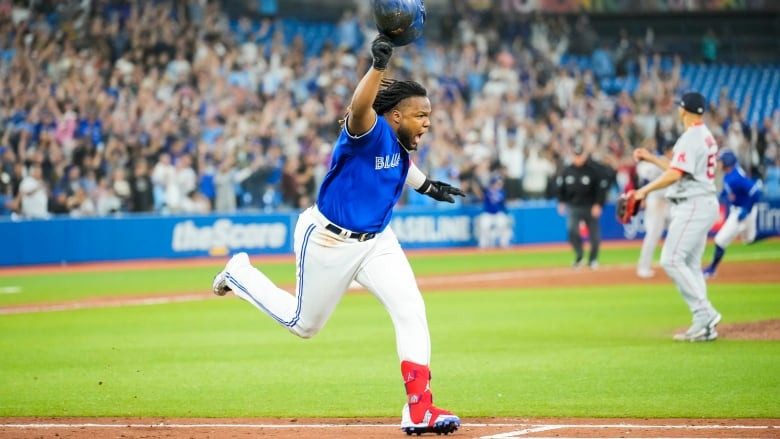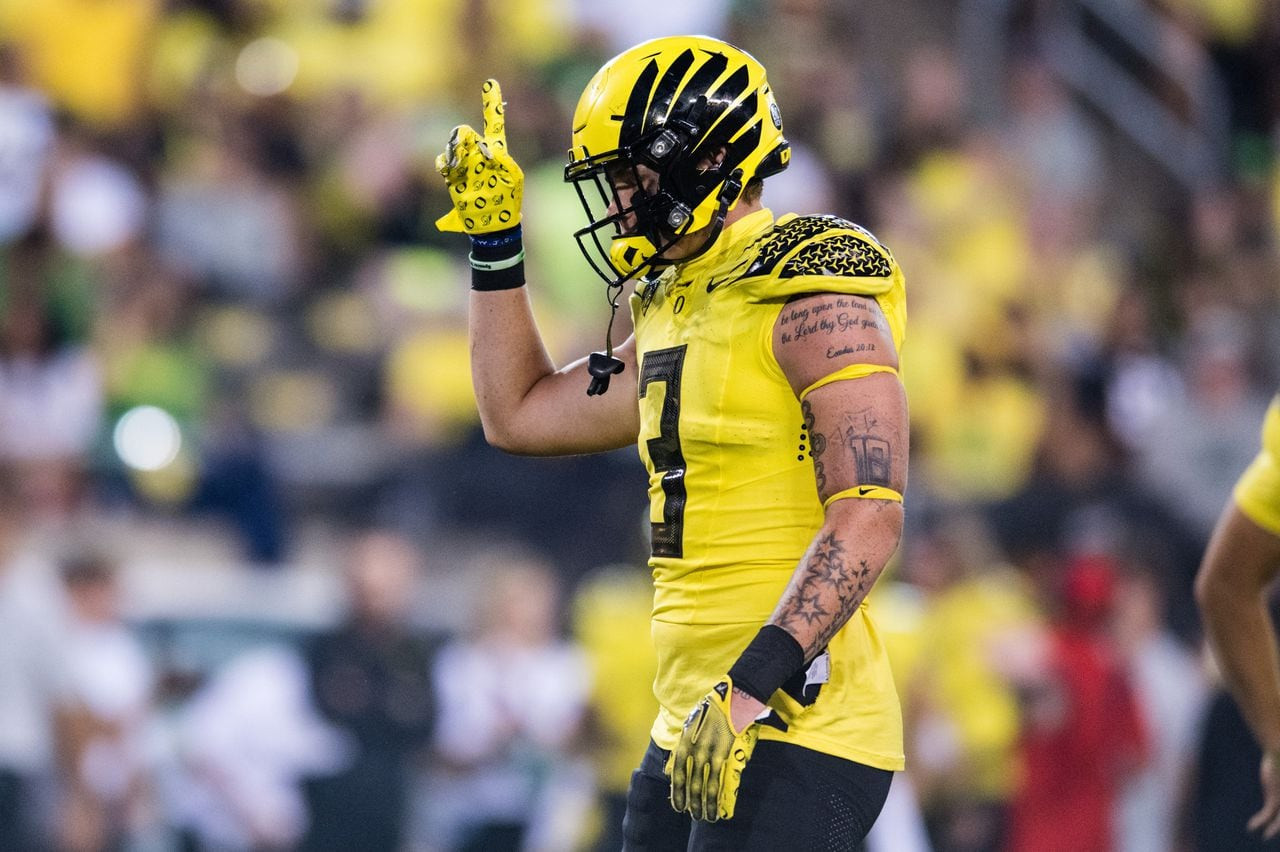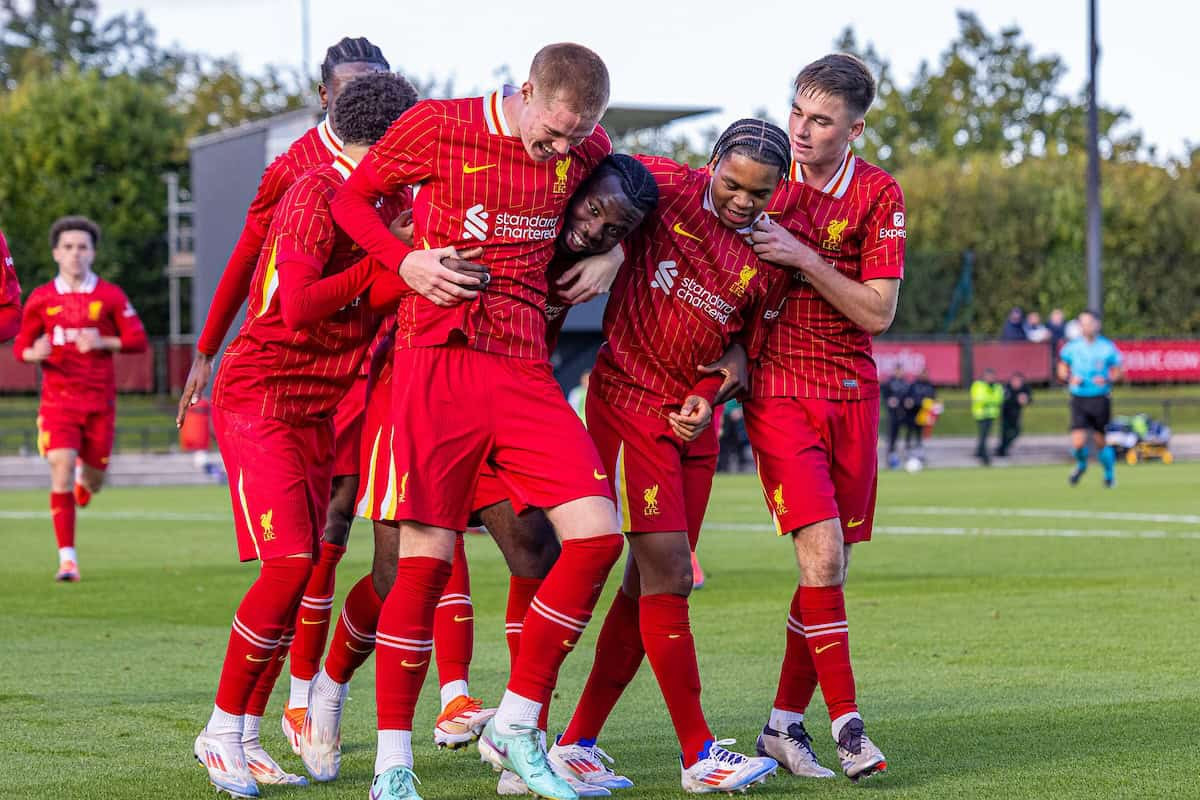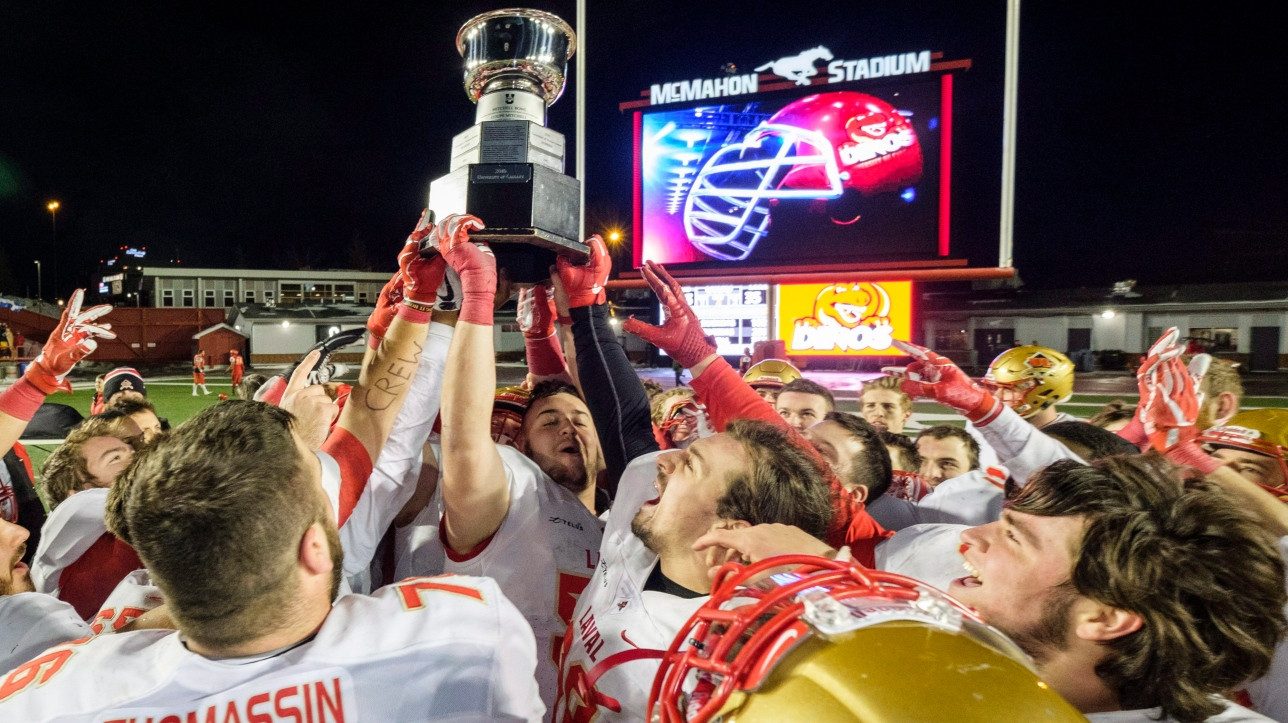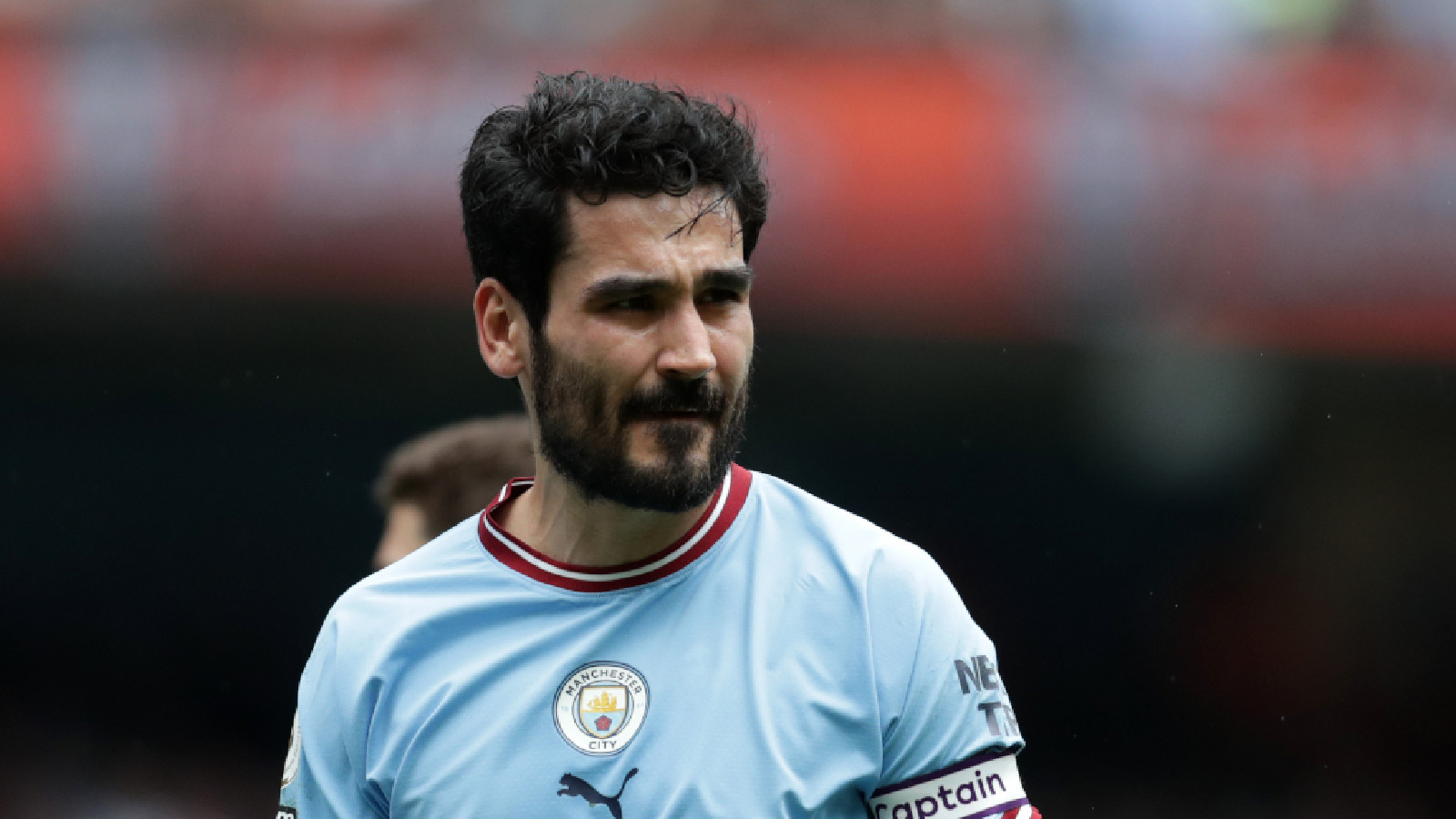Vladimir Guerrero Jr.'s Uncertain Future: A Look at the Risks for the Toronto Blue Jays
When Vladimir Guerrero Jr. arrived at spring training without a contract extension, the Toronto Blue Jays found themselves in a precarious position. They had nurtured a homegrown star, young enough to command a potentially decade-long contract, a deal likely to attract bids from other teams. Players with Guerrero's blend of youth and exceptional performance are almost always extended. Sometimes, like Giancarlo Stanton, they’re traded after receiving a mega-contract from their original team. Or, as was the case with Albert Pujols, they receive an extension covering a few free-agent years before ultimately seeking a larger payday elsewhere. However, players rarely debut, shine through their minimum salary and arbitration years, and then walk directly into free agency.
Examining MLB's Biggest Contracts and the Risk of Letting Star Players Go
Considering the 50 largest contracts in MLB history—a list Guerrero is certain to join, barring a dramatic downturn in performance—only four situations meet specific criteria: the player spent their entire MLB career with one team before free agency and was 28 or younger when signing with a new team. To grasp the potential cost of losing Guerrero, let's analyze how these four situations played out for their former teams.
Case Study 1: Alex Rodriguez
Contract: 10 years, $252 million (signed in 2000-01)
Impact on the Mariners: Surprisingly complex. The Mariners won the most regular-season games in MLB history the season following Rodriguez's departure, yet failed to reach the playoffs between 2002 and 2021. While Rodriguez's presence would undoubtedly have been beneficial, his absence only likely cost the team a playoff berth in 2003. Interestingly, Rodriguez's departure coincided with Ichiro Suzuki's arrival, whose popularity likely mitigated some of the negative impact of losing A-Rod.
Long-term Positional Need: While Carlos Guillen filled in adequately from 2001 to 2003, Rodriguez's loss left Rich Aurilia and Yuniesky Betancourt to handle the position from 2004 to 2009, which undoubtedly hurt Seattle’s chances.
Regret-o-Meter: 5/10. The sheer magnitude of Rodriguez's Texas Rangers contract made retaining him unrealistic for Seattle. The overall impact was a mixed bag.
Case Study 2: Bryce Harper
Contract: 13 years, $330 million (signed in 2018-19)
Impact on the Nationals: Minimal. The Nationals triumphed in the 2019 World Series right after Harper's departure. A young Juan Soto helped fill the void, contributing significantly to the team’s unexpected playoff run.
Long-term Positional Need: Largely insignificant. Although the Nationals haven't had a winning record above .436 since their championship season, they've received satisfactory production from their outfielders. The team's first baseman, however, offered negligible support in three out of the six seasons after Harper left.
Regret-o-Meter: 2/10. The World Series victory significantly reduces any regret. In the following years, the team's performance wasn't close enough to contention for Harper's absence to be a major factor.
Case Study 3: Carlos Correa
Contract: 3 years, $105 million (with an opt-out after the first year which was exercised) (signed in 2021-22)
Impact on the Astros: Relatively small. The Astros won the World Series immediately after Correa joined the Minnesota Twins and secured a division title every season since. Jeremy Peña, who stepped up to fill Correa’s position, exceeded expectations.
Long-term Positional Need: With Peña under contract through 2027, the Astros are well-positioned.
Regret-o-Meter: 0/10. Correa performed well for Minnesota, but his struggles with the bat in 2023 and injuries in 2024 highlight the Astros' wise decision.
Case Study 4: Corey Seager
Contract: 10 years, $325 million (signed in 2021-22)
Impact on the Dodgers: Noticeable at times. The Dodgers underperformed in the 2022 and 2023 playoffs, and Seager's absence was felt. However, they still secured 211 regular season wins and a World Series win in 2024.
Long-term Positional Need: To a certain extent. Trea Turner performed well, but the Dodgers have relied on Miguel Rojas more at shortstop since 2023.
Regret-o-Meter: 3/10. While the Dodgers ultimately won, there were instances where Seager's presence would have been beneficial.
The Blue Jays' Dilemma: A Unique Situation
With such a small sample size, drawing definitive conclusions is impossible. The rarity of the situation the Blue Jays face with Guerrero speaks volumes; letting a young star walk is not an automatic death sentence, as it might seem. This doesn't excuse the Blue Jays if Guerrero signs elsewhere. The absence of a Soto or Ichiro-level replacement, and the team’s limitations in player development compared to the Astros and Dodgers, increases the risk significantly.
The context is crucial. Losing Guerrero might be more detrimental to Toronto than the loss of the aforementioned stars was to their teams. However, there are paths forward for the Blue Jays if Guerrero leaves; the degree of difficulty is simply much higher. The team’s strategic response will ultimately dictate the long-term consequences of Guerrero's potential departure. This remains a high-stakes gamble for the Blue Jays. The coming months will be crucial in assessing the team's preparedness to navigate the long-term implications of a Guerrero departure. The decision to let him walk may come to be defined by the club’s actions and their ability to quickly react and rebuild their strategy.




